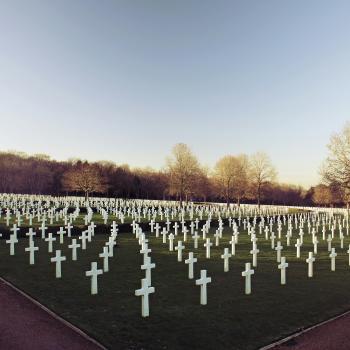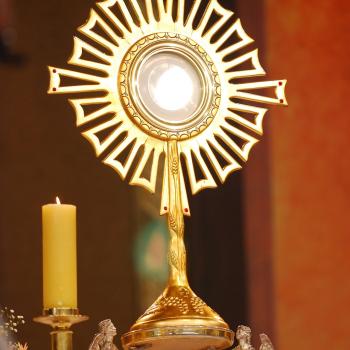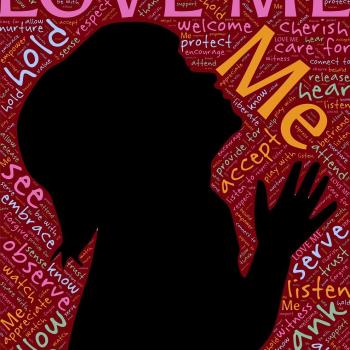Survivors of child sex abuse by Catholic priests from around the world came together this weekend to demand that the United Nations identify child sex abuse as a crime against humanity. They hoped to do it in front of the Vatican, but were denied access.
Their message was directed in part to the Vatican itself, but also to the world as a whole. They believe that the Vatican continues to be an agent of oppression for child sex abuse victims. Through their experiences, they came to believe that all those who create the conditions for child sex abuse should be liable for charges of crimes against humanity. So it is not enough to bring the Vatican to account, but also to deter all other world actors in the future from victimizing children.
For many in the United States, the pope and bishops seem to have done all they could to "fix" the problem of child sex abuse in the Church. In particular, the pope issued a recent ruling that clergy should report child sex abuse consistent with the requirements of the law. Hardly anyone knows, however, that this statement about reporting was just one more move in the shell game of responsibility by the Vatican.
Note the legalism of this requirement: clergy should report abuse if they are required to by law. The key, then, to knowing whether children are safe is to learn whether the reporting laws actually require clergy to report. If they do not, under the Vatican formulation, no report is required. The truth is that clergy are not required to report suspected child sex abuse in numerous circumstances, as a result of lobbying by religious organizations.
In fact, United States bishops and their lobbyists spend tremendous resources fighting legislation that would require clergy to report abuse. A recent episode in Maryland is eye-opening.
Two Maryland children died at the hands of known, registered sex offenders after family members permitted them to reside or associate with the sex offender. In the case of Irwin Harris, the police, school personnel, and a drug counselor knew that his mother had permitted him to associate with Melvin Jones, the sex offender, but did not report their knowledge to the Department of Social Services ("DSS"), which is charged with protecting children at risk.
Quite sensibly, Maryland soon thereafter considered a bill that would require professionals to report to DSS if they suspected a child was living with or permitted to associate with a registered sex offender. We all know that recidivism among sex offenders is high, and that one key measure to protect children is to reduce their access to offenders. So this seemed like a no-brainer.
That is, until the Maryland Catholic Conference ("MCC") became involved and decimated it.
Each state's Catholic Conference is the lobbying arm for the bishops of that state. The MCC argued that the new reporting requirement regarding sex offenders would affect educators and human service workers, and, therefore, priests and other clergy would be implicated. Thus, when clergy were acting as teachers or social service providers, the MCC wanted a religious exemption.
Here is how the Conference explained it to Senator Delores G. Kelley in its letter of February 2, 2009: the law should not impinge on the sacred obligation of priests, clergymen, and ministers of an established religion to maintain strict confidentiality regarding all communications made under narrow circumstances such as the Catholic Church's sacrament of confession, when bound to do so by canon law or church doctrine.
This is in fact not a benign request, because until that moment, when clergy acted as teachers or as social service providers, they were treated as mandatory reporters without any exceptions. In other words, to this point, a clergy teacher or clergy social service provider had been under the same obligation to report abuse as all other teachers and social service providers.
The MCC wanted to introduce a loophole to permit its priests acting as teachers and social service providers to avoid reporting in the context of children endangered by known sex offenders. The request for exemption, therefore, was nonsensical, because the confessional is not a part of a teacher's or a social service provider's job. But it does make sense once one learns that religious groups, including the Roman Catholic Church, routinely argue that a communication from a congregant is "confessional" and, therefore, confidential even when it happens outside the confessional box. The obvious intent was to create an argument to avoid reporting by later arguing that a communication was enough like a confession that it could be kept secret.
For those who are unaware of the actual play of the Catholic bishops on these issues, public education is needed. Despite their empty rhetoric of "zero tolerance," the Vatican and bishops have worked extremely hard to keep as many secrets as possible, as evidenced by the 1962 document from the Vatican, Crimens Sollicitationes, which threatened excommunication for any one in the Church who told outsiders about a priest having sex with a child, another man, or an animal.





